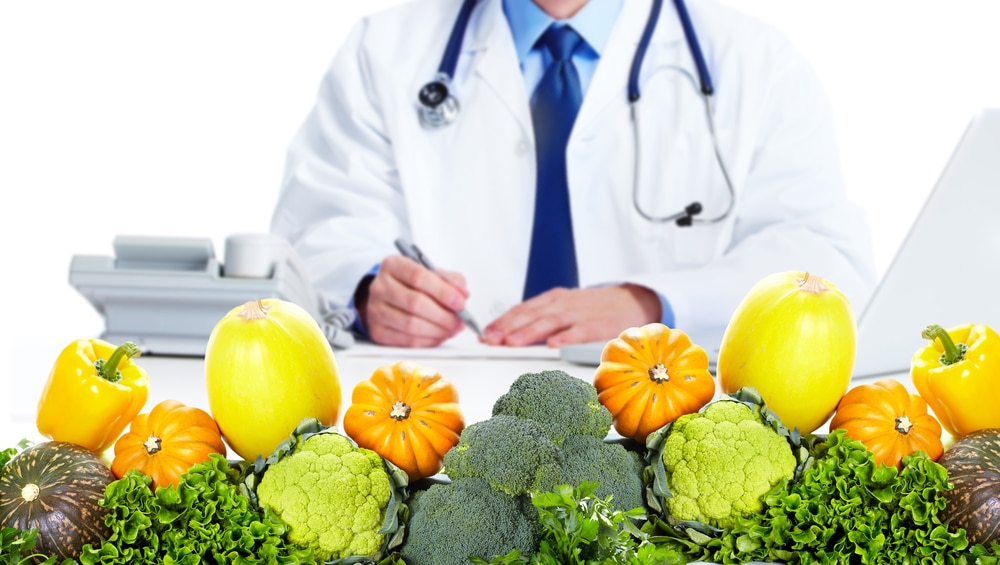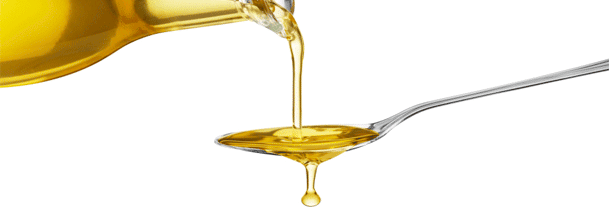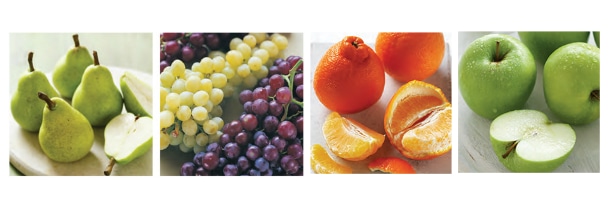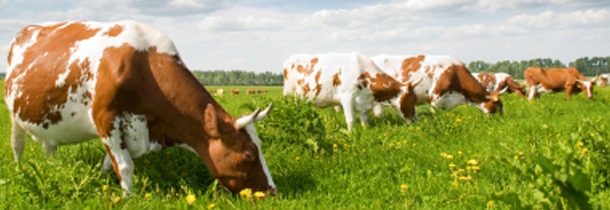To Exercise or to Diet?
A question that plagues many of us, do we diet to lose weight and gain health or do we exercise?
This is a question that also troubles many of the government health departments around the world as they try to find a solution to the obesity epidemic. Many studies have focused on this question and have produced great results to support both arguments. The problem lies in that obesity is an accumulation of fat tissue that is excessive however this comes along with a host of metabolic problems such as heart disease, diabetes, high blood pressure and stroke. Not to mention an increase in many inflammatory chemicals which increase the risk of infertility and cancer. So let’s look at the question.
09 September, 2015










